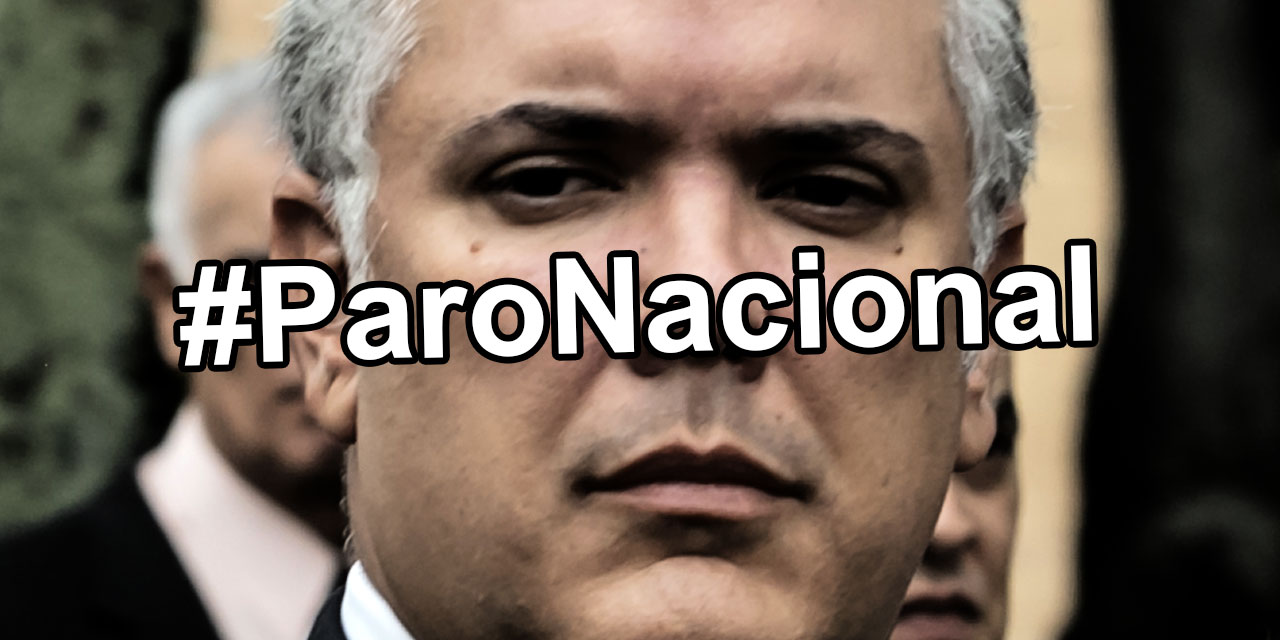The social leaders who organized Colombia’s biggest antigovernment protests in more than four decades in November are calling for renewed protests for Monday.
The national protests come little more than a week after Duque’s defense minister Carlos Holmes Trujillo authorized the use of terrorism in an attempt to quell spontaneous protests against police brutality in the capital Bogota.
The Bogota Massacre left at least 15 people dead, spurred broad rejection and renewed calls to resume the peaceful antigovernment protests held in November and December last year.
Colombia’s defense minister leaves evidence of orchestrating terrorism online
The National Strike Committee (CPN), which organized these protests, called on citizens to again take the streets to renew calls for peace, and reject police brutality and other forms of violence, as well as the controversial economic proposals of far-right President Ivan Duque.
The committee consists of student organizations, labor unions, minority groups and farmers organizations, and is endorsed by Colombia’s powerful peace organization Defendamos la Paz.
Despite fierce stigmatization by the government and attempts to violently crack down on the protest, the committee’s national strike on November 21 drew hundreds of thousands of people for a plethora of reasons.
Colombia sued over violent repression of antigovernment protests
The protests were supposed to resume earlier this year as the government refused to negotiate demands, but were called off due to the coronavirus pandemic.
The violent protests and vandalism that preceded and followed the Bogota Massacre spurred the CPN to call for a new national strike in an apparent attempt to channel broad discontent over the increasingly authoritarian government through peaceful protests.
Members of Duque’s far-right Democratic Center party on Friday began a campaign to discredit the upcoming protests as they did without much success in November.
Meanwhile, unions and indigenous people have already begun protests and local strike committees are coordinating protests with local authorities.


